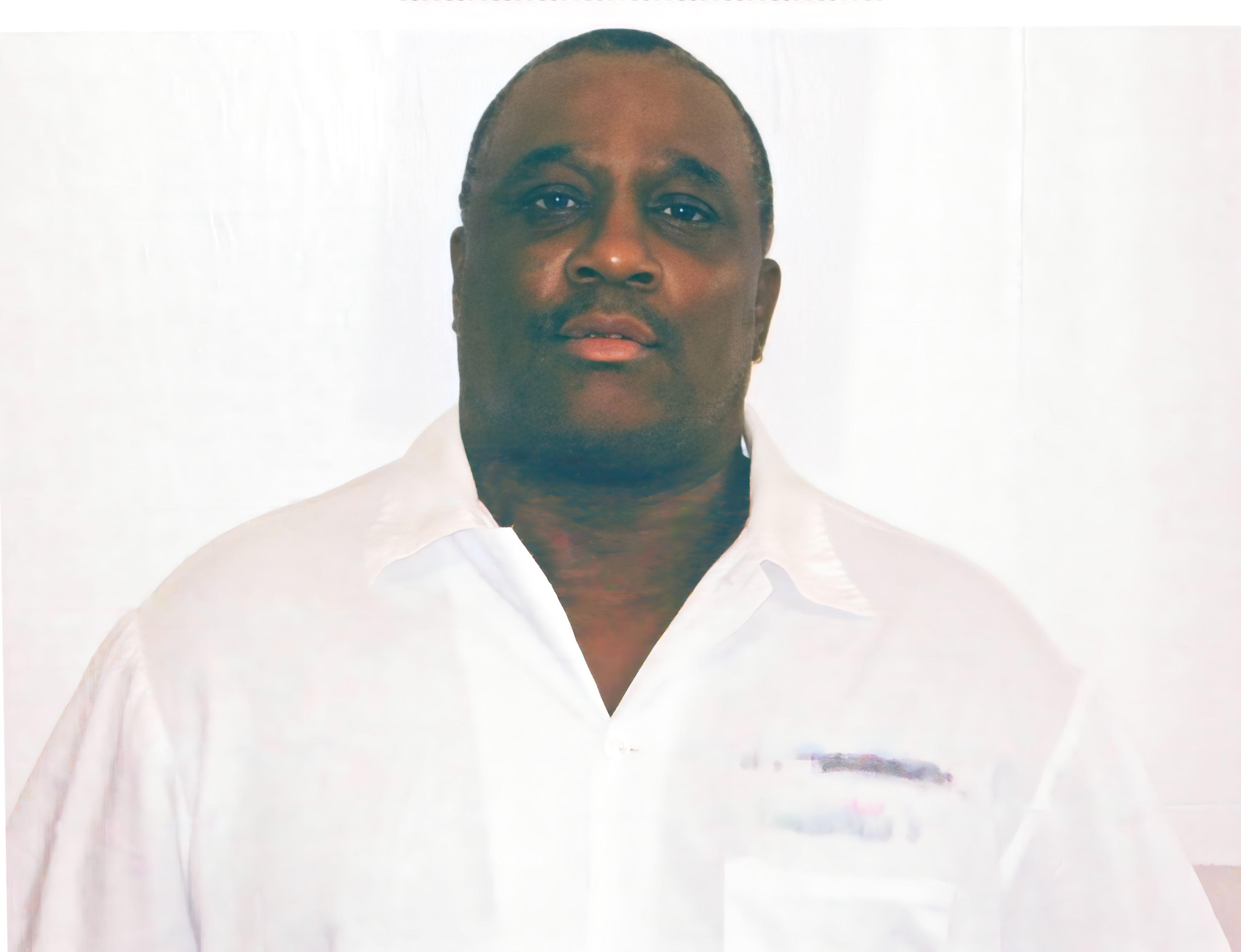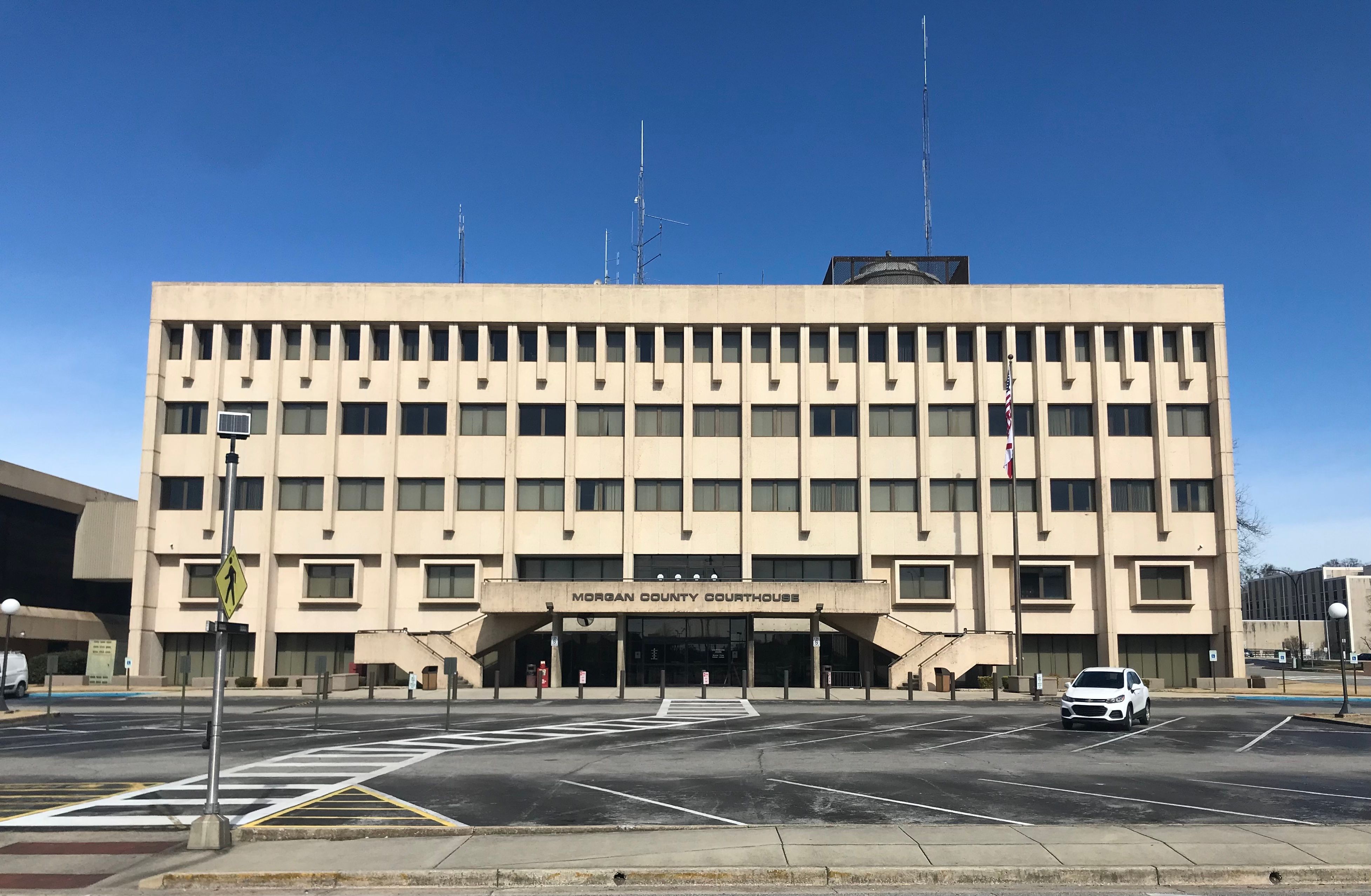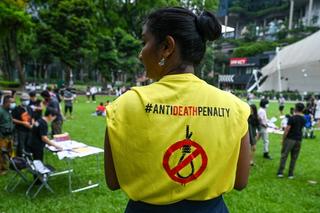Seeking justice for Rocky Myers
Lawyer Kacey Keeton details problems with the criminal justice system in Alabama
In 2007, Kacey Keeton, a 49-year-old lawyer from Alabama, was assigned the case of Rocky Myers, a Black man who has spent nearly three decades on death row. In this wide-ranging Q&A, she details the multiple injustices he has faced, why the use of nitrogen hypoxia is hugely disturbing, and why she’s determined to fight for Rocky’s commutation.
What made you become an attorney and what is the job like?
I have wanted to be a lawyer since I was five years old. My mother has it documented in a journal. Of course, I think the next year I wanted to be a teacher, then a circus performer, then a journalist, and so on over the years — but somehow, I arrived back at lawyer by the time college graduation came around.
In all variations of my life as a lawyer, I have been lucky enough to always be able to help people. And, helping people is why I became a lawyer. I specifically felt a calling to work with death row populations. I believe those on death row are often left out of conversations when it comes to support and help. They are people that have often never had anyone stand up for them, and I am grateful to be doing this work with them.
Doing this work in Alabama is truly operating on the front lines, where the most help is needed. Working for people incarcerated on death row is incredibly rewarding, but it can also be stressful and disheartening. It is disheartening to see injustices in the system result in human beings being killed by the State. It is disheartening to know that no matter how hard you work to help someone, it may not be enough.
But the people we represent make this job worthwhile. It is an amazing thing to see someone who has been through so much still have hope and still believe in the goodness of others. Their hope and belief inspire me every day.

Before you took on Rocky’s case, how did you feel about it?
I was assigned Rocky’s case in November 2007. He had been a client of our office since March 2004. I met Rocky for the first time in February 2008.
When our office began representing Rocky, he had been abandoned by prior counsel during his state post-conviction appeals. That abandonment left Rocky in the position of having his ability to pursue a federal appeal procedurally defaulted. Due to procedural rules, there was no federal court that heard his claims for relief, including his claims of innocence and intellectual disability. Had his attorney filed the appropriate appeals at the state level, Rocky would have been able to pursue his claims in federal court that his conviction and death sentence, which was ordered by a circuit court judge’s judicial override, were unjust.
With that backdrop, I knew that helping Rocky would require a Court to excuse the default. So, coming into his case, I was well aware that the deck was stacked against him — even more than normal with someone on death row. Having read the record, there were also so many things that made me realize his was an unjust conviction and sentence.

What was it like meeting him and speaking to him for the first time? Did you feel confident about the case?
The first time I met Rocky, he was very quiet and did not interact with me a great deal. I visited him with another attorney who he did know and so I mostly sat in the background and observed their interactions. We didn’t talk much about his case during our first few visits. I knew from others that it would take a while to build his trust and wanted to take that time to just get to know one another. I also wanted to take it slower because I was aware of Rocky’s intellectual disability and needed to make sure that he understood fully everything we communicated.
I was lucky to have a great team on his case with whom he already had relationships. So, it definitely made it easier to develop a bond with him.

How did Rocky feel about the situation? Do you remember some conversations you had with him?
Rocky has long carried shame over where he is and the status of his legal case. He blames his struggle with drugs for being in a situation where he could be a suspect in a case like this. He blames his struggle with drugs for not being there for his family. He has not used drugs since the time of his arrest in 1991, and he uses his time now often to talk to others about the danger of dependence.
When Rocky’s state post-conviction attorney abandoned him mid-appeal, Rocky had no idea it had happened. He presumed everything was moving along. It wasn’t until he received a letter from the Attorney General that he learned his right to appeal had expired and that Alabama was moving to set an execution date. Because of his reading ability, Rocky wasn’t even able to read that letter — a friend of his on the row read it to him. They helped him reach out and get counsel to try and fix this problem. Rocky has long blamed himself for not knowing that he had been abandoned by counsel.
Yet, Rocky remains hopeful. He is a man of deep faith and he is a praying man. He is a sports fan. He loves music. And he tells many stories about his siblings and growing up.
He loves getting mail and talks about the beautiful postcards he gets from people that share where they are. He posts many of the pictures on his wall and imagines himself there. He often uses the pictures to “take him away” from problems or stressful things going on. He has been particularly blessed by outreach from Amnesty International members and because of postcard campaigns they have sponsored.

How do you feel about the recent execution of Kenneth Eugene Smith and how does Rocky feel about the change to nitrogen hypoxia in Alabama?
Rocky doesn’t want to die. He has said that he gets sick to his stomach every time something comes up about nitrogen hypoxia and executions. The recent execution of Kenny Smith has made this new method a frightening reality. It is clear from reports of witnesses that Kenny suffered before he died. That this occurred to a man who the State had terrorized a year earlier with a botched execution attempt, and a man whose jury voted to give a life sentence, like Rocky, is even more horrific. We can only hope that the problems that occurred with Kenny’s execution make Alabama take a step back and consider what they are doing.
Did the judge say anything in the trial that threw you off? What did you think was unjust about the case in particular?
There are many injustices in Rocky’s case. From the start, Rocky was arrested and charged with little evidence other than the word of witnesses who had previously implicated someone else. As a poor Black man, he was subject to appointed counsel because Alabama does not have a statewide public defender system. Poor people are assigned counsel by elected judges. In his case, Rocky was assigned an attorney who previously regularly represented the Ku Klux Klan.
Rocky was then given a jury of his supposed peers, a jury consisting of 11 white people and 1 Black person. The opening statements of Rocky’s own counsel prejudiced him from the start. His own counsel talked about the area where he lived as being “the very pit of hell”. Counsel failed to fully challenge the case at trial and created division between the jury and his own client with statements like those from the outset.
In the end, the jury of 11 whites convicted Rocky, but they voted to spare his life by recommending life without parole. Because of Alabama law at the time, the single elected judge was able to override that and sentence Rocky to death. That process is no longer allowed in Alabama, but the legislature failed to make it retroactive, leaving Rocky and others on death row.
In Rocky’s case this feels particularly egregious because we know from speaking with one of the jurors that there was a disagreement among them. There were a group of jurors that believed Rocky was not guilty, but they reached a compromise with the other jurors to vote to convict — if they agreed to sentence him to life.
Rocky’s is a case where an intellectually disabled Black man was disadvantaged from the start because of poverty and a broken justice system. His counsel failed to take into account or raise his intellectual disability, which created problems in the case. Race, poverty, and inequality all operated to create multiple unjust situations in Rocky’s case, and in countless others.

What are your plans moving forward?
When Rocky lost his last appeal, he told me that he did not want clemency. He said he was tired, and he didn’t want to beg anyone for his life. I told him that he was in luck because I would be doing the begging and it didn’t bother me. But, a much more serious conversation followed. I told him that clemency was mostly something on paper in Alabama, that it had only been granted once — to a white lady on the Governor’s last day in office. I told him that I hoped and prayed he would get clemency, but that I was not going to lie to him about the odds. I also told him that if he would let us pursue clemency on his behalf that we would tell his story to anyone we could get to listen. We would tell people about all of the things that went wrong in his case. And we have been telling his story. Rocky and each of us on his legal team are hopeful Rocky’s story will help people understand the problems with the justice system in Alabama, in the USA. We also hope it will help stop other stories like Rocky’s from happening.
Our plan is to continue fighting for Rocky’s life. We continue to push for others to join that fight and we continue to try and educate people about the injustices in Rocky’s case and in far too many cases in Alabama.
